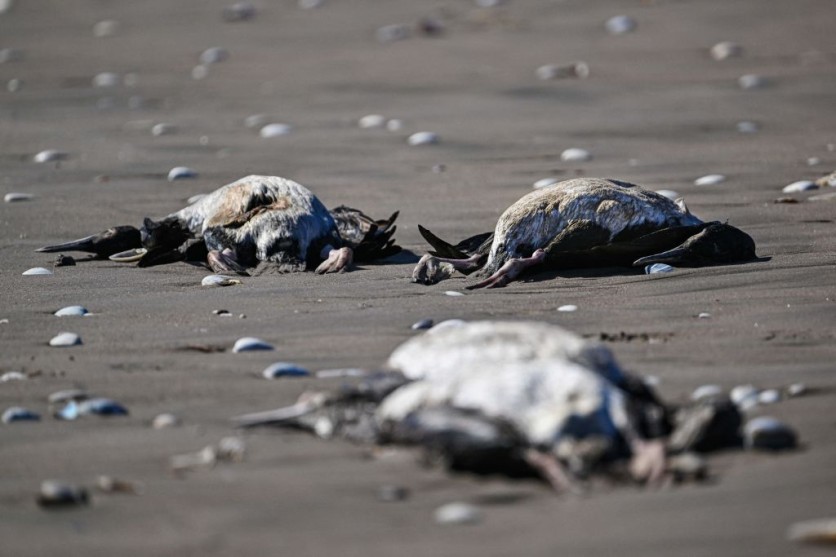Bird flu has killed a large number of sea lions in Argentina, raising fears about the possibility of human infection amid a widespread outbreak harming wildlife.
Animal health officials have reported several dead sea lions throughout Argentina's Atlantic coast, from Buenos Aires to Santa Cruz on the southern end, due to the outbreak of bird flu.
An environmental authority from Patagonian said that around 50 dead sea lions had been seen with signs similar to avian influenza, as reported by VOA. The situation has prompted authorities to warn against visiting beaches along the nation's 5,000-kilometer coastline where cases of bird flu have been detected.
The South American avian flu outbreak has killed marine mammals such as sea lions, seals, and walruses. Earlier this year, when the virus destroyed bird populations all across the continent, Peru documented the deaths of hundreds of sea lions.

Bird Flu Kills Thousands of Birds in Russia
In related news, Reuters reported that a poultry farm in western Russia documented a highly virulent H5N1 bird flu outbreak that killed 17,800 out of 195,503 birds in the flock. The situation shows that the bird flu virus has moved from seasonal to continuous epidemics, marking one of the most massive bird flu outbreaks ever.
While domestic poultry is sometimes infected with bird flu, it predominantly affects wild birds. It has proven to be capable of spreading across different species. The World Health Organization (WHO) has warned after discovering the virus in minks, cats, and other species that this might aid its adaption to humans.
Experts Advise Public Vigilance on Bird Flu
The WHO worried that certain mammal species may breed influenza viruses, developing new strains that could harm animals and humans.
The US Centers for Disease Control and Prevention (CDC) recommends rapid flu antiviral medicine for everyone with symptoms, even though bird flu has no proven treatment. If the virus develops resistance, these drugs may lose effectiveness; hence, experts strongly advise immediate action.
The CDC also advises against handling raw chicken without proper hygiene. The public health agency also emphasized proper cooking of poultry and its products, including eggs, before consumption as undercooked chicken might make people sick.
Moreover, the WHO strongly recommends people with fevers above 38 degrees C to visit their local health facility, particularly if sick or dead poultry is detected nearby.
Meanwhile, the CDC assured the public that the United States possesses bird flu vaccines, including A(H5N1) and A(H7N9), to combat the threat of the viral disease.

![Apple Watch Series 10 [GPS 42mm]](https://d.techtimes.com/en/full/453899/apple-watch-series-10-gps-42mm.jpg?w=184&h=103&f=9fb3c2ea2db928c663d1d2eadbcb3e52)



